Date
What Tiki Yiki is Meaning ? What Tiki N'Yiki is Doing ?
In Burkina Faso as everywhere worldwide, there are many challenges about inclusiveness. Getting "differently abled
people" included in the communities is not evident on a daily basis. But it's so important to give them opportunities they deserve even their disabilities. Some organisations
are steadily working to get inclusiveness done.
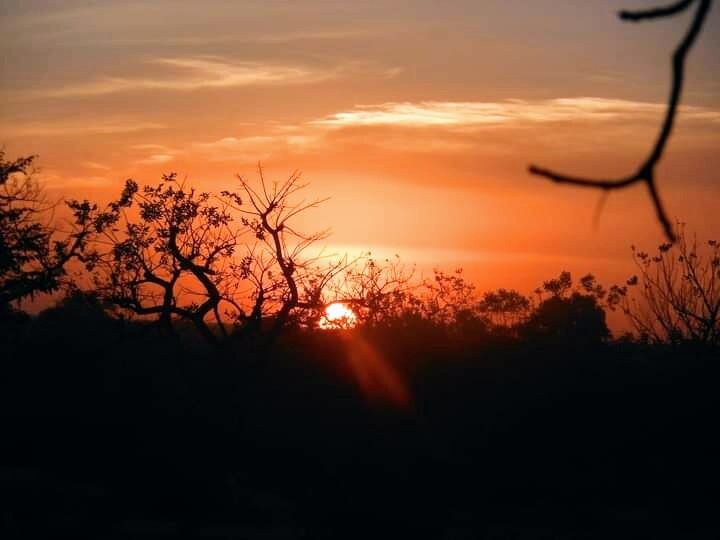
"Inclusive Education" May Be New To You. But Inclusion Is Worded And Explained In The Dictionaries As Well. It Belongs To Human-Beings To Have Practical Actions About Inclusion In Integrating people who Are Excluded In The Communities. That's Why Inclusive Education for Disabled Children Is Not A Privilege But A Right.
Inclusive Education has no room everywhere. It should not be a privilege but an intrinsic right.
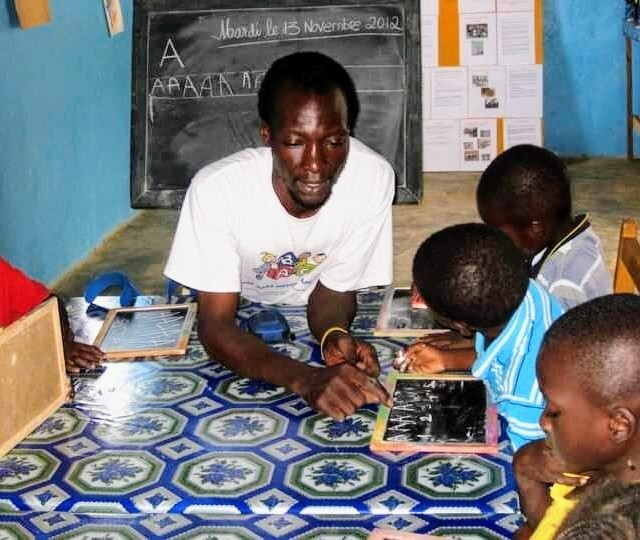
Health Care Is A Human Right Worldwide. But In Some Regions Around The World, People Are Dying Because Simply Of Malaria.
Health Care is a human basic right worldwide. But not everyone has it everywhere. In Africa some people are dying from diseases that can be avoided. It should'nt.
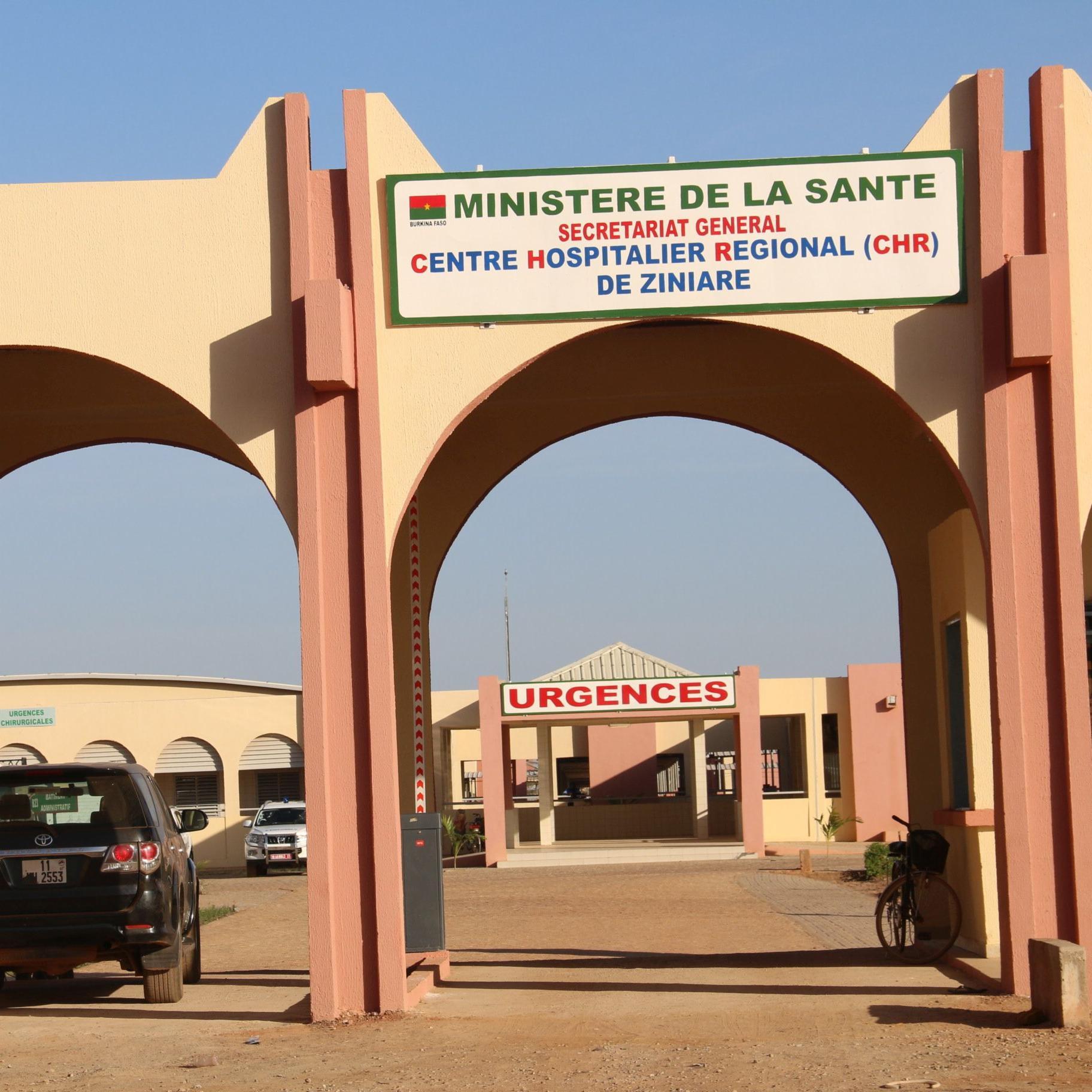
What Means Food Security? What Should Be Done To Fix Food Insecurity Worldwide?
While in some regions worldwide people have no more to worry about Food Security, in some other ones, it is unfortunately not the same reality. There are ceaselessly worries in terms of Food Security. They have to struggle hard to get needs met. In some worse cases, some died. But No Food Security, No Sustainable Development.

Climate Change Is a Big Threat To Earth And Consequently To Human-Beings. It is Deadly Causing Floodings, Wildfires, Droughts, Earthquakes, Volcanos Around The World And Obviously Forcing People Migrations. It Is Undoubtely Clear That Climate Change Has More Endangered Earth Than Never Before. But Human-Being Has Provoked It Through His Ceaseless Agression of Mother Nature. Now He Has to Stand up and Figure It Out In Order to Mitigate The Increasing Danger. Climate Change has neither been a story nor a comedy. It's a mad reality.
Earthquakes
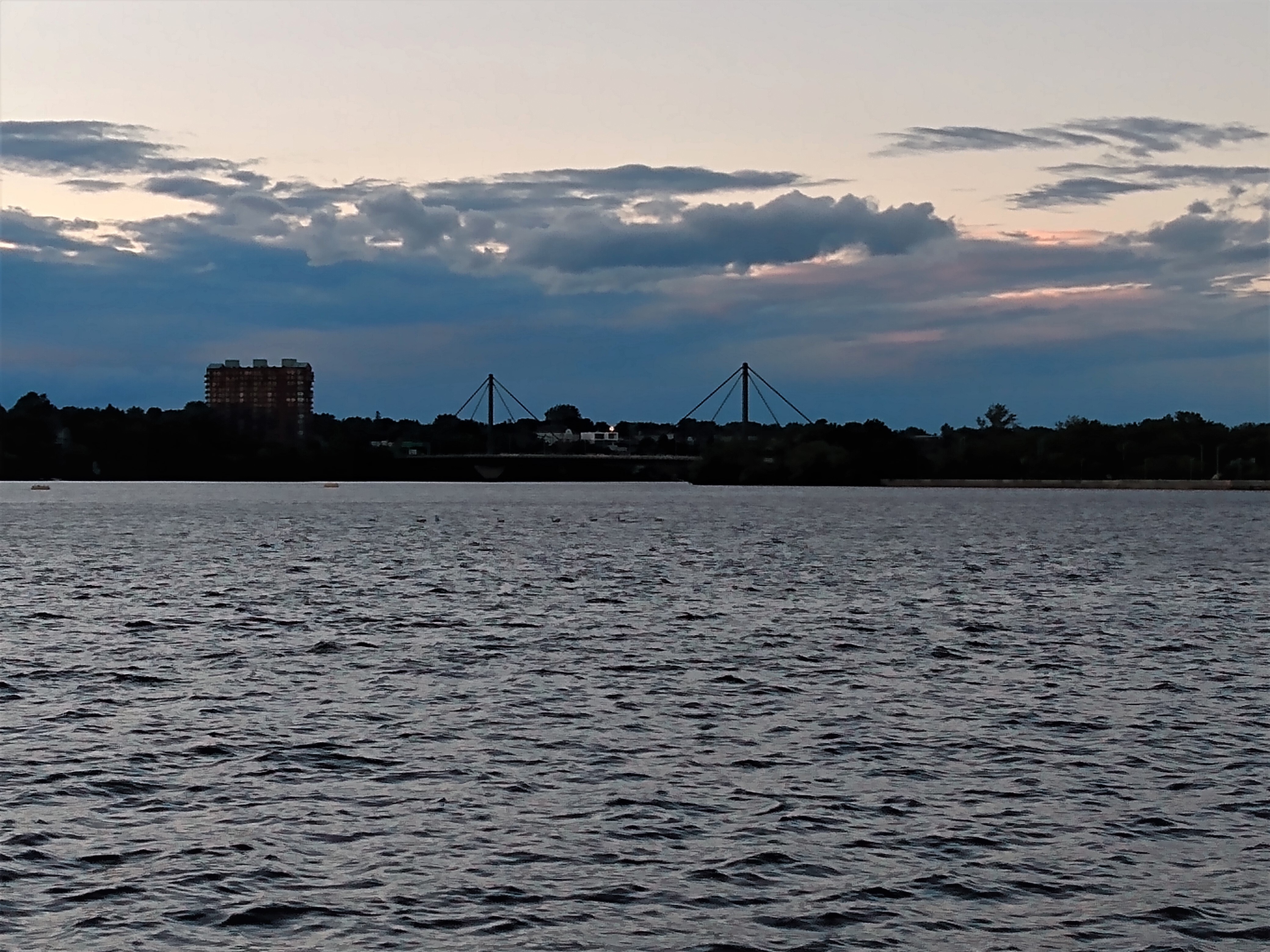
Disability Is Not Destiny. But For Some People Living With Disabilities In Exclusive Areas, They Have To Struggle At Least Two Times Harder Than Anyone To Get Their Needs Or To Achieve. They are experiencing Toxic And Non-Inclusive Environments Favored By Discriminations In Their Communities.
As a disabled person, I experienced and still experiencing lots discriminations everywhere. It's too tough, heartbreaking and challenging but It's also learning . I have to find out a way to get my rights respected as human-being.
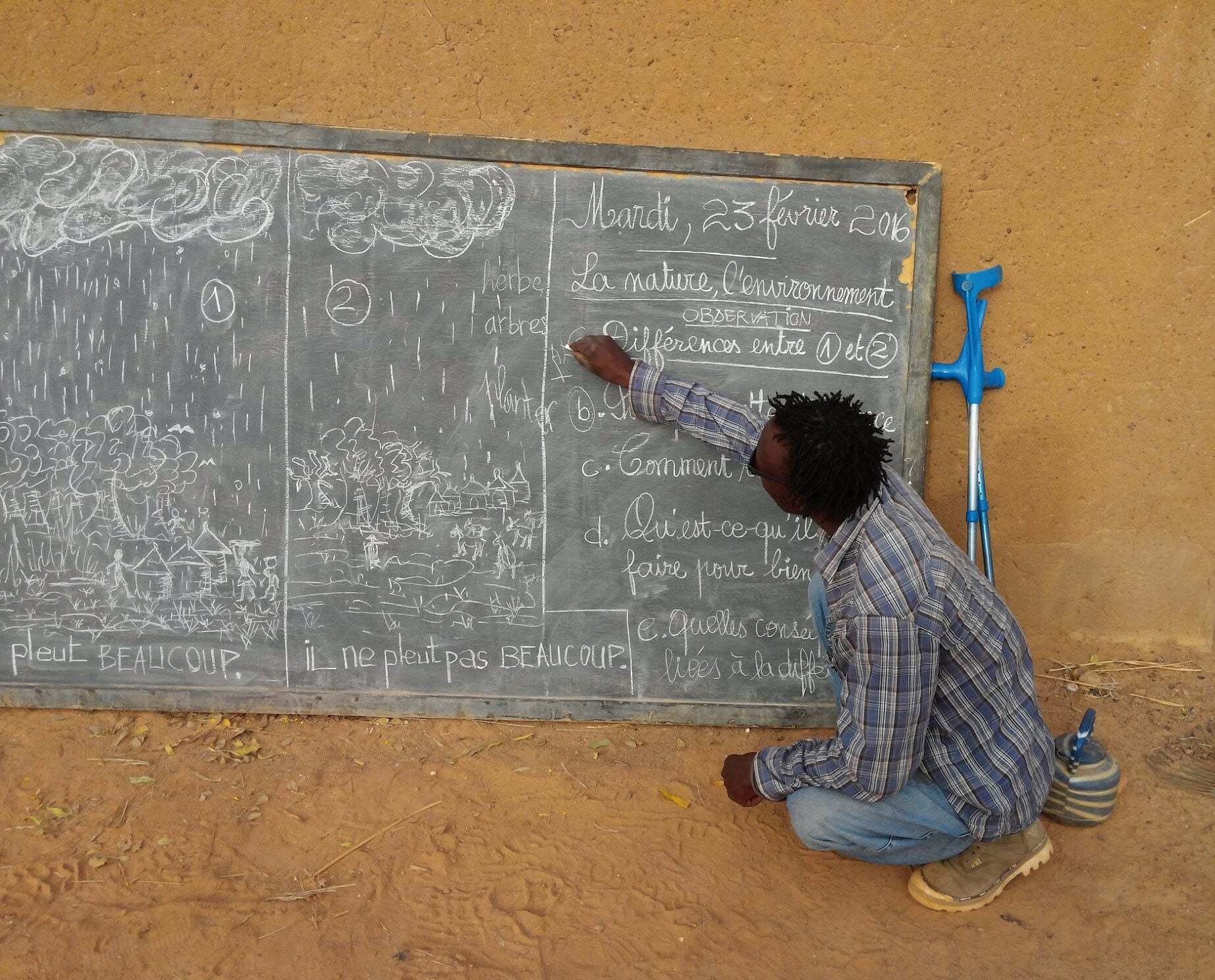
Culture Is A Backbone For Communities To Survive Into A Biggest Family Of Diversity in the Era Of Globalisation. It's A Way Of Promotion And Preservation Of A Cultural Identity, A Legacy From Ancestors [Grand-Parents and Parents] To Their Descents Where Everyone Is Playing A Key Role Of Transmission In Order To Strongly Preserve Their Culture
FESTIMA is a festival of masks and arts that happening every year in Dedougou, a city located in the western region of Burkina Faso. It features how mask has deeply anchored in the traditions and culture of the area and in Sub-African countries.
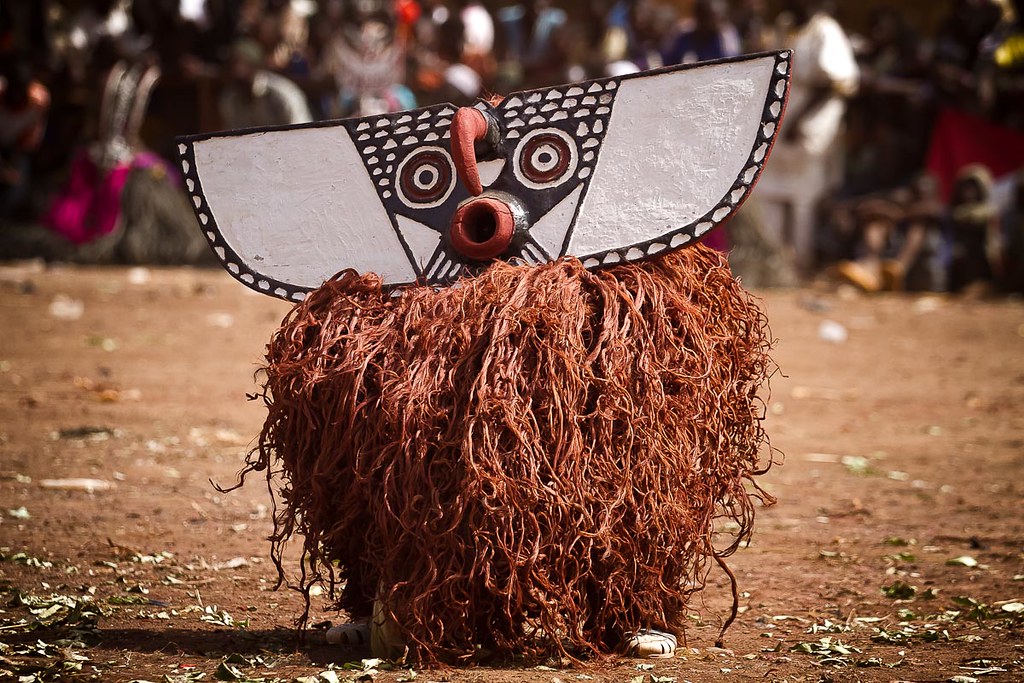
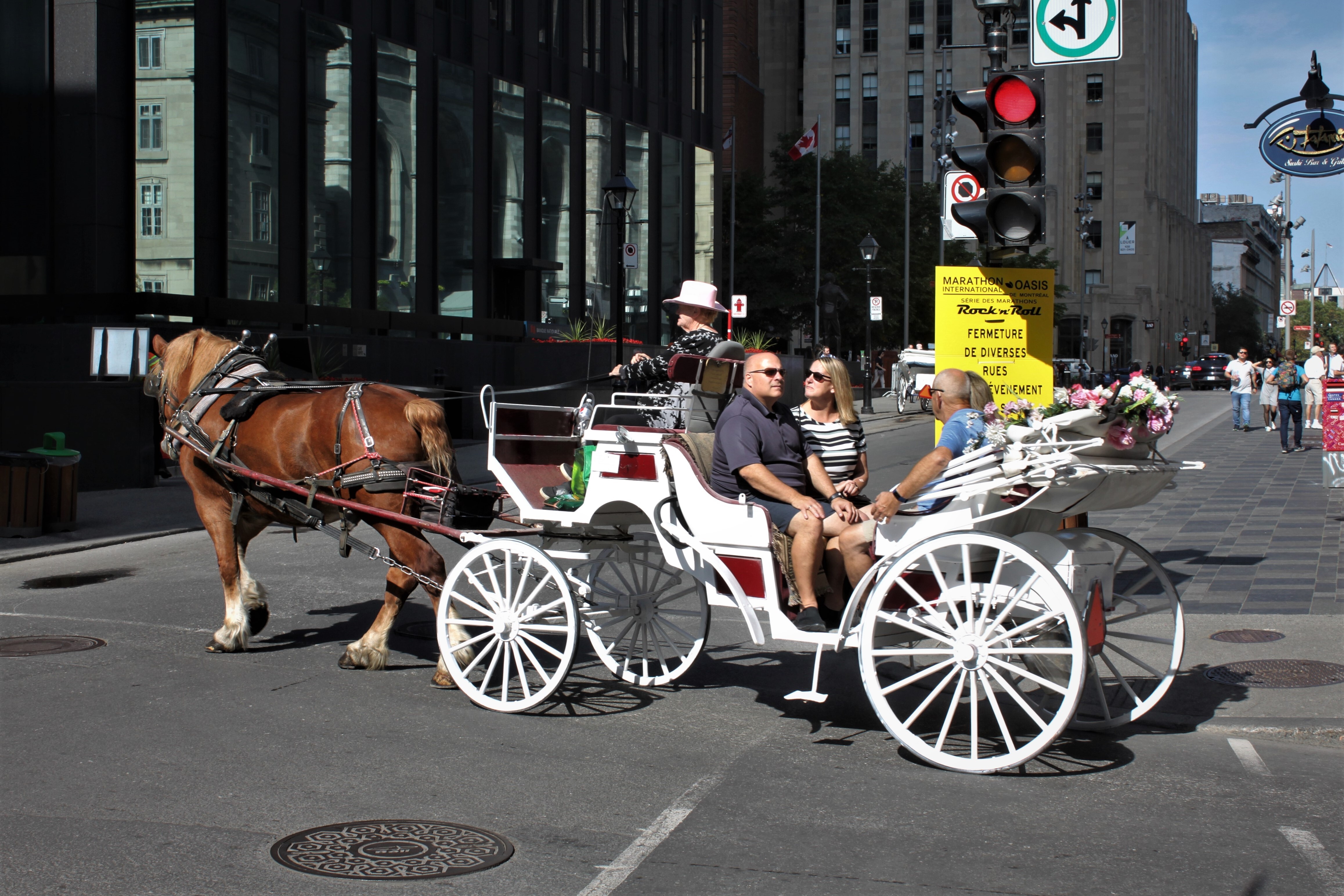

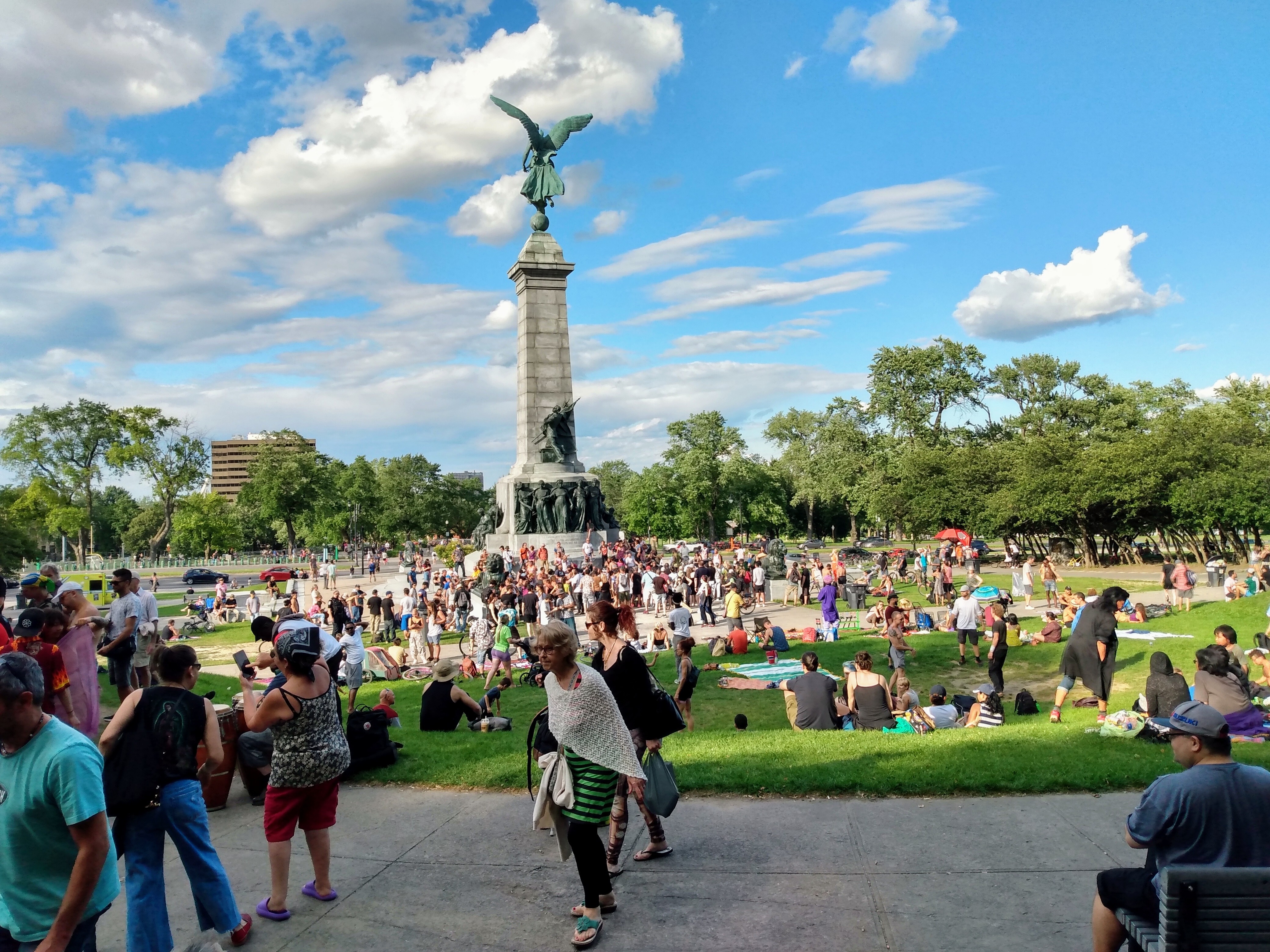
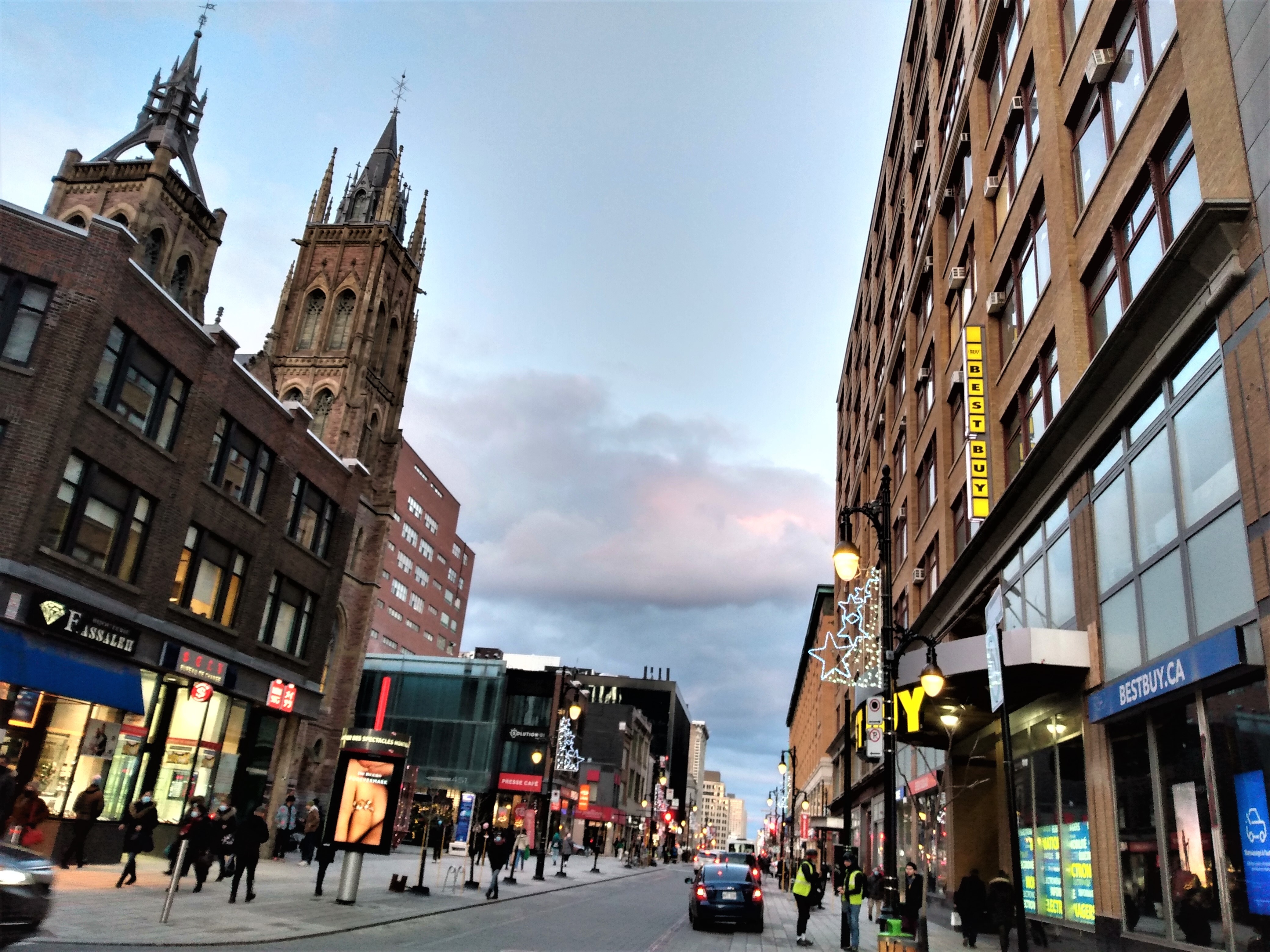
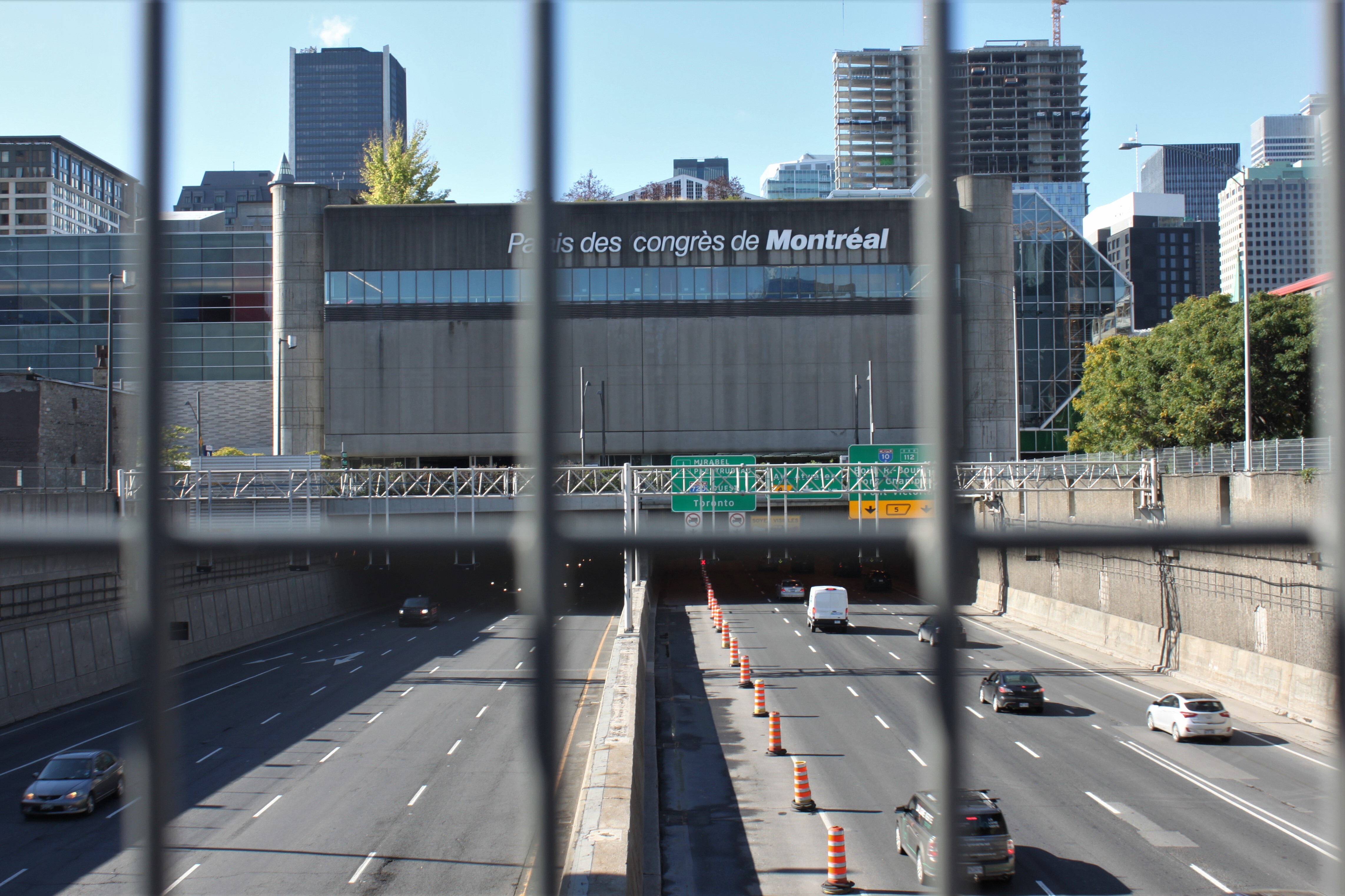
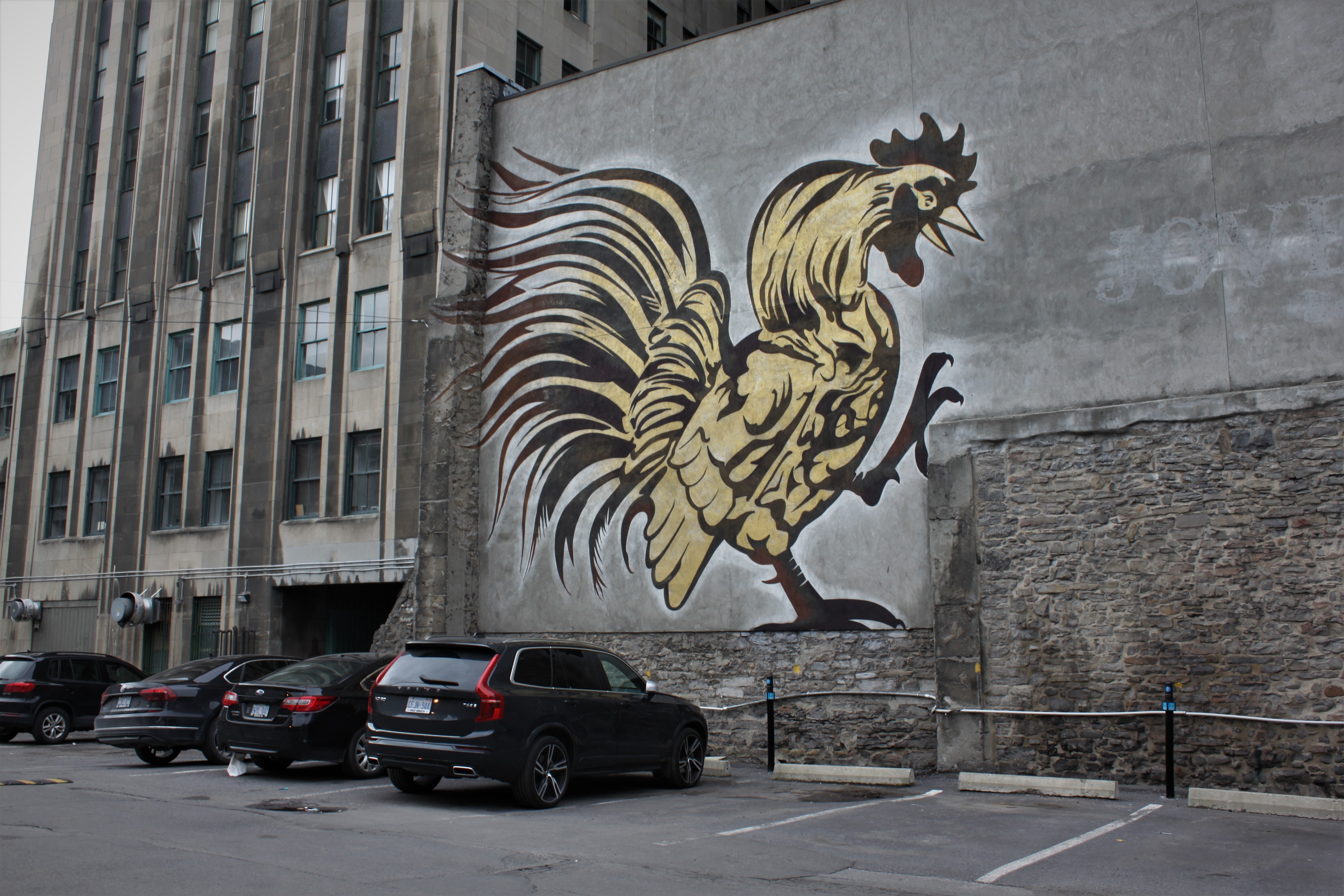

Burkina Faso, the land of integrity, a landlocked and low-income Sub-Saharan African country with limited natural resources, is administratively structured of 45 provinces and nested within West Africa. Burkina Faso was a former colony of France from which it gained (took) independence in August 5th, 1960. Its capital and main city is Ouagadougou which population is heightened about 1.086.505 people in the city area. The global population of Burkina Faso is approximatively equal to 23 300 000 inhabitants with a dominant percentage of youth. Geography influences Economy. The economy of Burkina Faso is mostly based on agriculture, livestock breeding, mining, market gardening. The informal sector is growing and believed to create more jobs. Citizens of Burkina Faso are called Burkinabè or Burkinabé but without a plural mark as 'S'. These are by aphabetical order the 45 provinces:
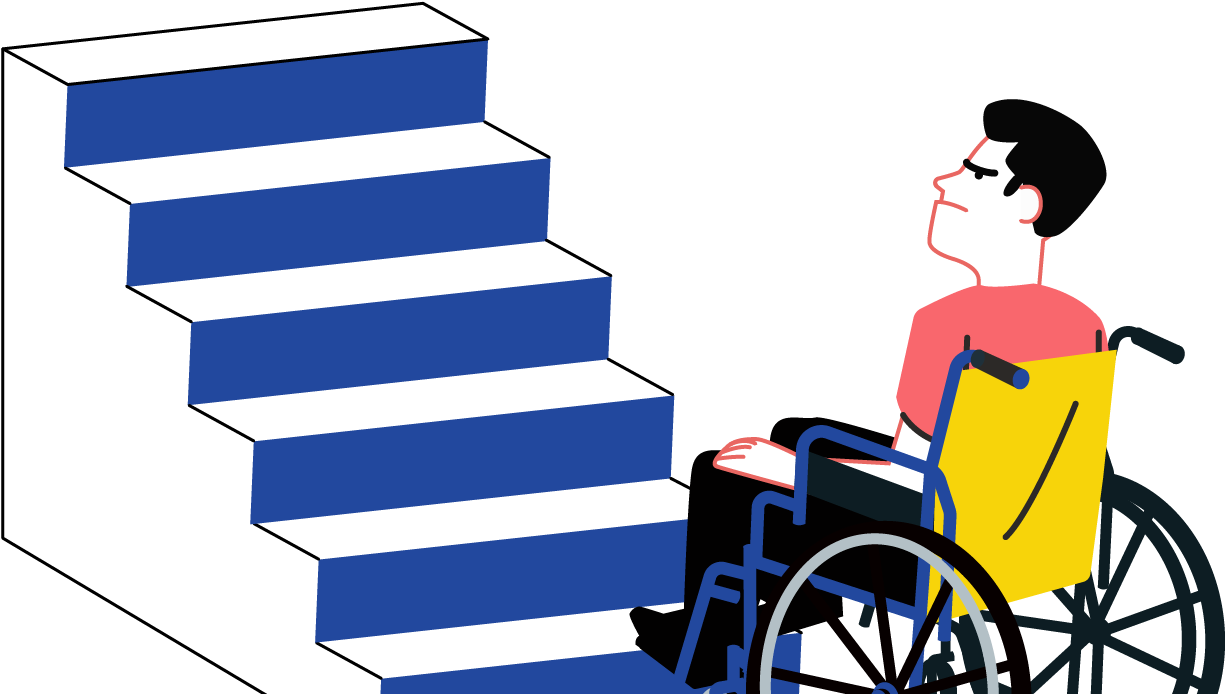



A. [Definition] According to the Collins Dictionary,
Inclusion is the act of making a person or thing part of a group or collection.
Examples :
1. [...a confident performance which justified his inclusion in the team.]
2. [...the inclusion of yoghurt in many popular dishes.]
Synonyms: addition, incorporation, introduction, insertion.
B. [Definition] According to the website of
Cambridge Dictionary, inclusion is the act of including someone or something as part of a group, list, etc. [A person or thing that is included]
Examples
1. She is being considered for inclusion in the Olympic team.
2. Inclusion of The book's value stems from its inclusion of multiple viewpoints.
3. Two last-minute inclusions are Jim and Ahmed
C. [Definition] According to the website of Merriam-Webster inclusion is the act of including, the state of being included
- Something that is included: such as a gaseous, liquid, or solid foreign body enclosed in a mass (as of a mineral), passive usually temporary product of cell activity (such as a starch grain) within the cytoplasm or nucleus.
But how can an inclusive environment be identified (detected) ? These are summarily some exploring points
consisting not only to observe and question about how people, in a chosen community, are dealing with inclusion but also how to make inclusiveness more readible and profitable to marginalized people. After these steps, answers and solutions should come as results of obervations and questions.

Talk About the policies and gobernmental achievements and set rules about Disability, Their Rights, Their Duties And In General Their Lives As Different But Also As Citizens. They Have An Impact whetever Its Nature In The Communities Because Their Seventh Sens Will Get Them Emerge Even From A Little Chaos. And The Local interaction and perception given it is about disability or disabled persons.


Take An Approch that consists to first define what is disability, gender and corollary issues. Dig Into A wider Range including Disability and gender in the society to try to draw those issues related to gender. Get narratives from both gender. ( From a disabled man and a woman)

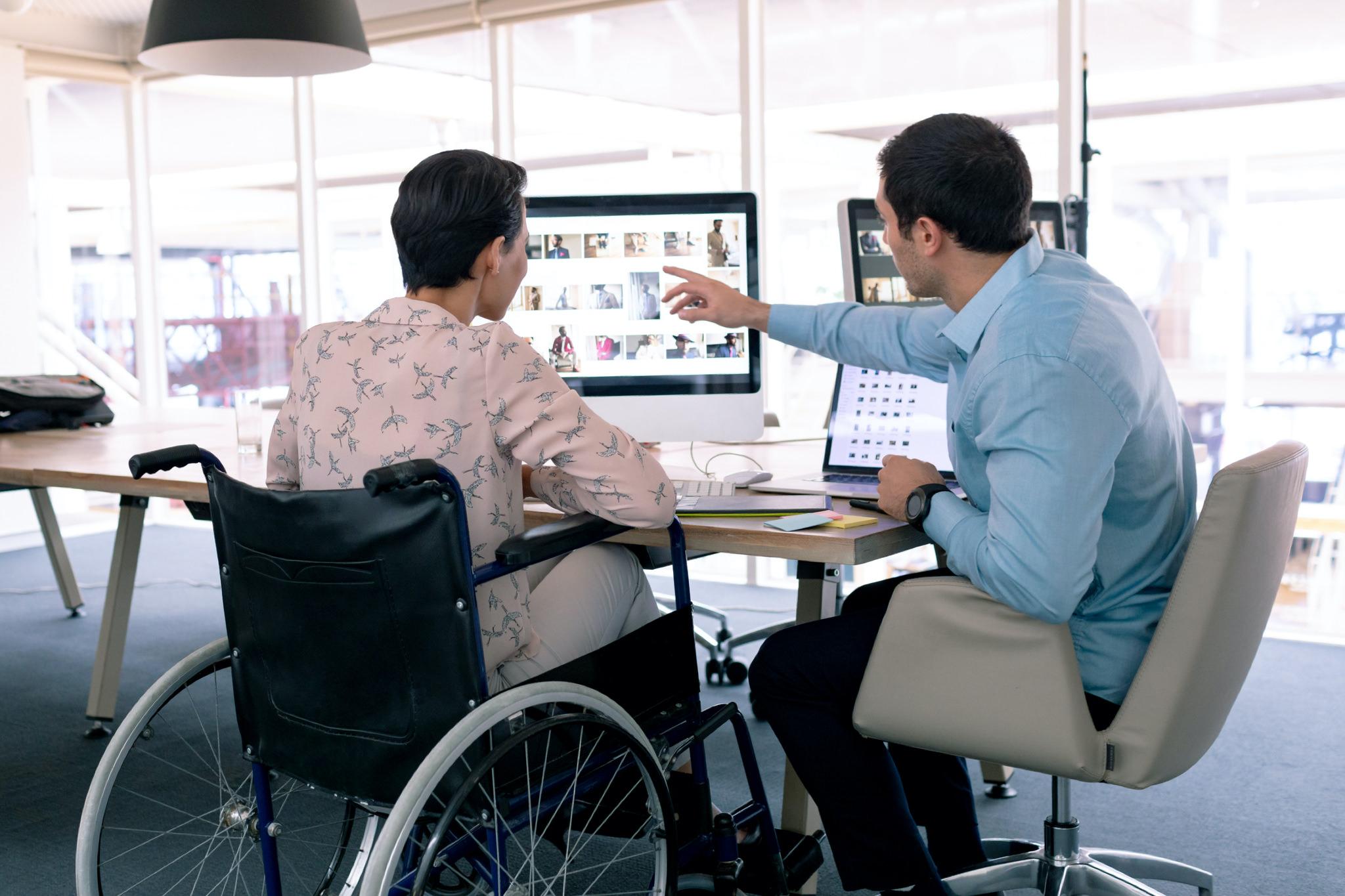
Explore how there are so many barriers that block disabled people to work if they are able to do a job but not allowed or integrated.

Founding a coalition of organisations advocating for the rights of disabled people through their effort to offer good conditions in the transportation. Learn about stories of disabled people who experienced countless issues with transportation early and actually. It's the same anthemn and the same overlooking about the right to accessibility for disabled people. Envisioning a creation of a non-profit organisation for the transportation maybe named "NACADA TRANSPORT" of disabled people including elders or any other disabled person. The organisation wants to create transportation services for disabled people who will be members of NACADA Transport. The transportation will be mainly assured with a huge collaboration of retired drivers who are able and still want to drive and give their time for disabled people in need. Beyond their activities of giving back to the communities, retired drivers can also open new windows to socialize between themselves and may make friendships and connections.
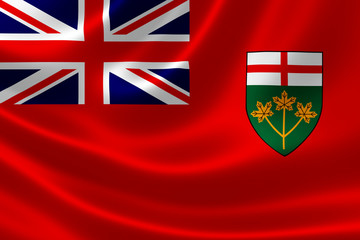
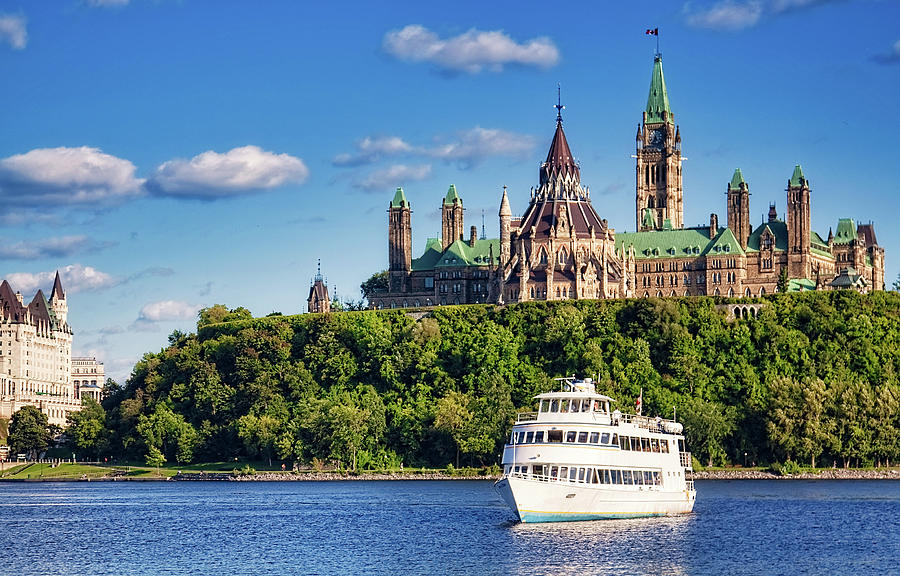
The vision of Tiki N'Yiki is promoted by Gabriel, a physical disabled person from Burkina Faso, a West African country. He attended his college degree
at Bassy high school in Ziniaré
and then at Newton
Descartes high school in Ouagadougou.
He holds a Patent of Undergraduate Studies (P.U.S) called B.E.P.C [Brevet d'Etude du Premier Cycle].
As a fervent defender of Disability Rights, Gabriel has known that he has to stand up and do something to help change the mentalities about disability. He get involved within activities to promote disablity and corollary matters by implementing his ideas into practical realisations that can positively change lives of disabled people. He pioneered to create the Centre PAAS NEERE for EDUCATION in Ziniaré in order to alphabetize disabled adults people in August 2006. Ideas are sometimes common even complexe and deep-thinking, but those that are frontally linked to disability and rights, are main subjects of interest for Gabriel.
The need to get results in terms of social impacts through communities where disabled people are living, was a huge fuel and has sharpened the dynamism of Gabriel and anchored a certain confidence of his Switzerland partners. His desire to make better lives for disabled people especially disabled and orphaned children through his project to improve education galvanized supporters in Burkina Faso and in EUrope.
It is a way to promote, defend and protect disabled people and the rights belonging to them. The legacies many disabled people fought for, including activists who won some basic rights like to get educated should be protected.
In 2006 ... Gabriel was one of the founding fathers of PAAS NEERE, an educational organisation
in which he taught disabled and orphaned children but also led several awareness sessions with a focal theme: “Disability and Social Inclusion”.
In 2007, 2008, 2013, Gabriel has toured Europe in order to promote PAAS NEERE and fundraise money for his projects including to improve education and provide reasonable health care services to disabled people in need. His stays (trips) led him not only to Switzerland like in Geneva, Sion, Delemont, and Vendlincourt through an impactful collaboration of patners and a network of friends, founding members of
Transport Handicap in the canton of Valais but also in Germany at Rasttat and Kuppenheim in the lander of Bade-Wurtemberg [Baden-Württemberg] where he host a serie of conferences about PAAS NEERE the organisation of which he was president.
On december 11th, 2012 Gabriel was awarded as " Knight of the Order of Merit " by his country, Burkina Faso for his entire contribution and engagement in terms of being able to create, propel and maintain an inclusive environment for vulnerable people. Disabled and orphaned children are benefiting of his master-piece and the centre Paas Neere is like an harbor for them to get better lives through education.
In 2016 he created Tiki N'Yiki to expand more support for orphaned and marginalized children. On July 14, 2016, Gabriel was invited by generous friends to the United States of America for four (4) months to not only networking but also to selling his artworks [Paintings & Batiks] and fundraise money for projects.
From East Coast [ New York City-NY, Boston-MA, Appleton-ME, Burlington & St Johnsbury-VT] to West Coast [ Portland-OR, Olympia-WA] of the United States of America, with a huge support of friends, Gabriel was not only able
to present his vision-project of Tiki N'Yiki during festivals and/or fairs but also talked in person with some people about realities of what it means to be disabled in his country, Burkina Faso given some exclusive mentalities and existential discriminations. As future perspectives, his idea is to build a wider network of collaborators and partners gathered around a foundation to work hard, achieve projects, support empowerment and social inclusion for disabled people.
In 2017, unfortunately for security reasons, Gabriel has left his country to fly to Canada . In fact, some of Tiki N'Yiki activities, including EDUCATION, awareness on disability, have been temporarily stopped but will be redefined if the conditions of security are met.
He is rebuilding a new life but with a ceaseless desire to not give up his vision of Tiki Yiki. Among other things, he is writting his memoirs, learning to code while hoping to attend Informations and Technologies studies. He is passionate on programming and is developing this website to let well-known his vision.
Gabriel likes family, nature, photography, philosophy, painting, coding, history, geography, architecture, cyclism, European soccer and hockey on ice.
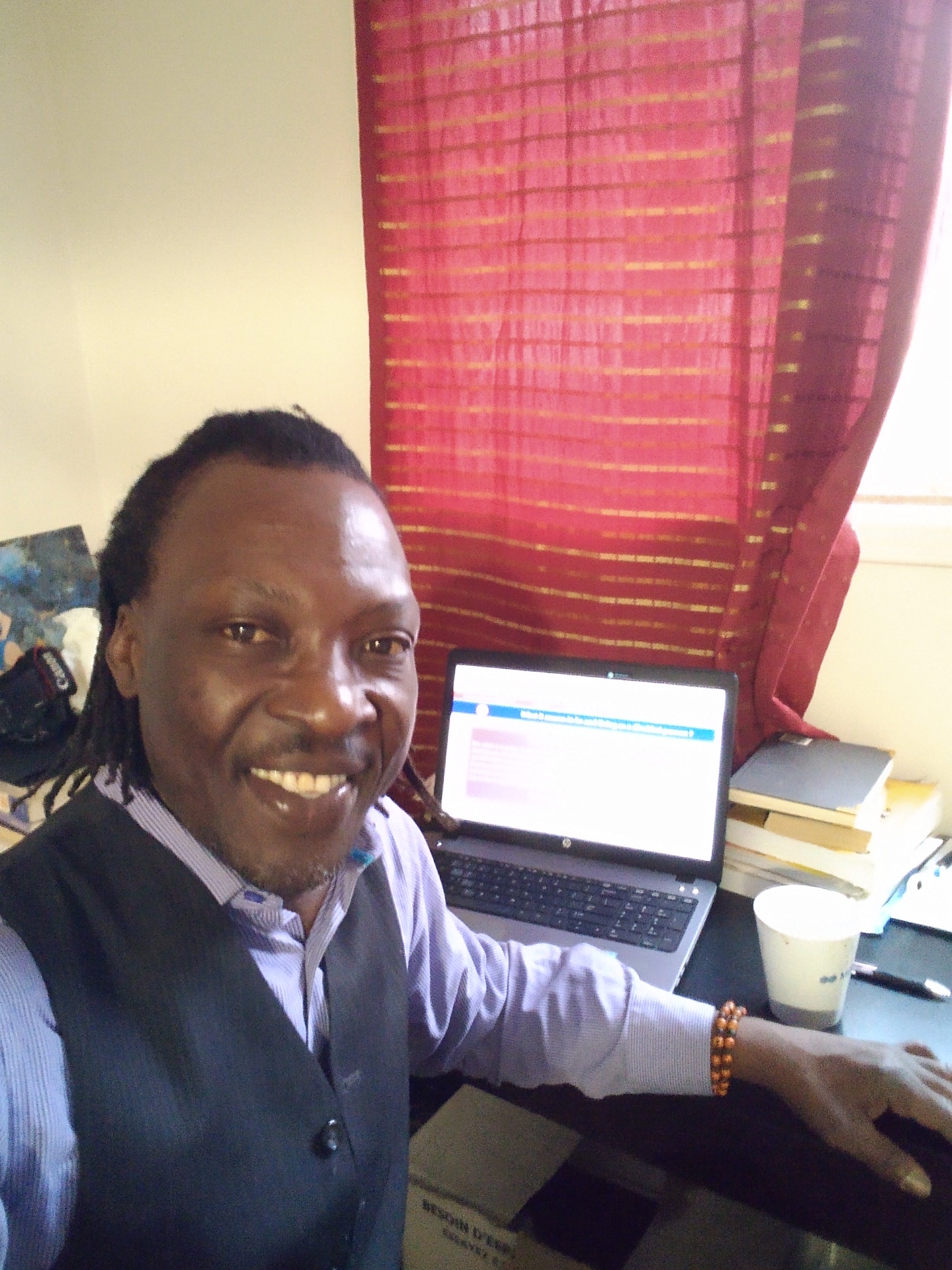
I am giving lots thanks to those people who believed to my projects and ceaselessly supported them
Je remercie beaucoup tous ces gens qui ont cru à mes projets et les ont soutenus sans cesse